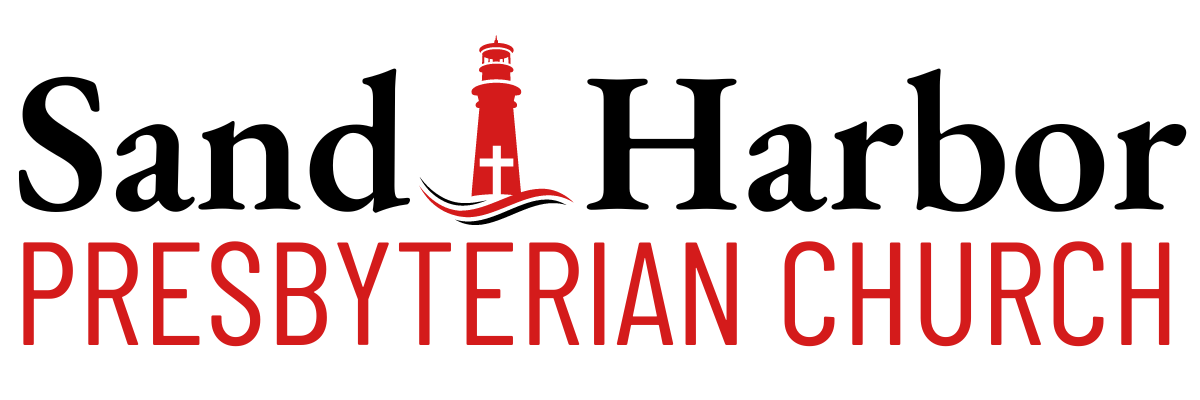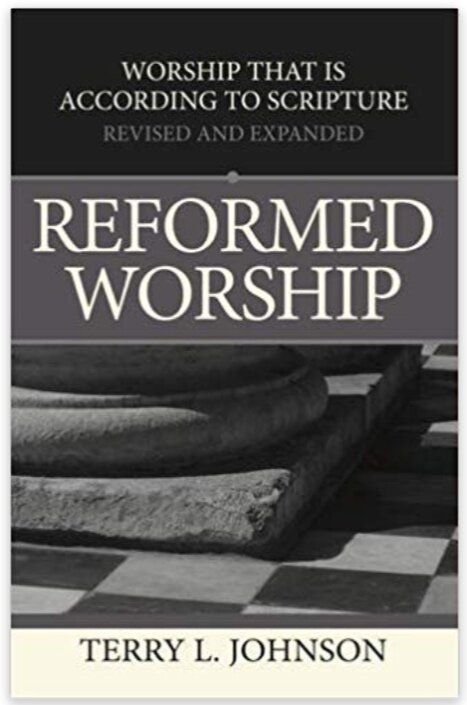Our CHURCH’S DISTINCTIVES
CONFESSIONAL “Sound Doctrine”
We believe in being a church that clearly defines what it believes the Scripture’s teach by means of a creed/confession. We believe in the usefulness of wisely looking at church history in order to be guided by all godly Bible interpreters that have gone before us. Also, we believe that creeds are helpful in keeping us from wandering off into doctrinal error. As a congregation of the PCA we are doctrinally governed by and committed to the Westminster Confession of Faith and the Larger and Shorter Catechisms, which are subservient to the Word of God.
COVENANT THEOLOGY
We believe that the overarching story of salvation is unfolded through a series of covenants that God makes with his people and these covenants reach their climax in Jesus Christ, who is the head of the new covenant. We believe that the Bible is primarily one book by one author telling one unified story, the story of God building His Kingdom through Covenant for His Glory in Christ.
Covenant Theology Unfolded: From Creation to New Creation by Rowland Ward
CALVINISM “The Doctrines of Grace”
We believe that God is sovereign in salvation. Salvation is a not a mutual partnership between God and man, where both sides equally agree to work things out. Man, apart from God’s saving grace, is spiritually dead, blind, deaf, and hostile to the Gospel. But in salvation, by God’s grace alone and for His glory alone, God makes us alive, opens our eyes, gives us ears to hear, and replaces our hearts of hostility with a new and changed heart so that we willingly embrace Jesus as our only hope of salvation.
The Doctrines of Grace “TULIP” by Mark Webb
REFORMED WORSHIP
We believe in the priority of worshiping as a gathered community of believers. When we come together for worship we believe that God should be the primary focus, not entertainment. We believe that God’s Word governs how we worship, not popular opinion. We believe that worship should be intentionally patterned to reflect a dialogue between God and His people, a dialogue that “re-tells” and “re-presents” the Gospel.
THE LORD’S DAY “Sabbath”
We believe that God has instituted a weekly pattern of work and rest. He did this by His own example of resting on the seventh day after finishing His work of creation, an example that we are to emulate. God also gave His people a command in the Old Testament to “keep the Sabbath day holy.” We believe that this command is still binding on us for our good. But in light of Jesus’s resurrection on a Sunday, we believe that the Sabbath day has changed from Saturday to Sunday (the Lord’s Day). That is why we rest from our work and our common activities and instead use all of Sunday for worship, fellowship, prayer, instruction, and rest.
THE LORD’S SUPPER
We believe that the Lord’s Supper is a holy meal that signifies the Gospel through the elements of bread and wine. We believe that Christ is spiritually present in a special way when we take the Lord’s Supper to bless those who partake in a worthy manner and judge those who do not. Because of the sacredness of this meal, we believe that this meal should be reserved for Christian’s who are member’s in good standing of an evangelical church and are not living in unrepentant sin.
COVENANT BAPTISM “Infant Baptism”
We believe that the children of at least one believing parent should be baptized. God has always included the children of believers in the covenant community. Also, we believe that baptism in the New Testament corresponds to circumcision in the Old Testament. We don’t believe that baptism automatically washes away sin or makes someone a Christian. Baptism symbolizes that we have been marked out as God’s people and obligates us to trust in and follow after Him alone.
COMPLEMENTARIAN “A Biblical View of Gender Distinctives”
We believe that God has created mankind, male and female. Men and women are equal in person, dignity, worth, and respect, yet distinct in the roles that God has called them to. In the home, God has called the husband to be the head who exercises sacrificial servant-leadership, and the wife to be helper, who exercises joyful God-honoring submission. In the church, God has reserved the role of elder and deacon for qualified men.
What’s the Difference?: Manhood and Womanhood Defined According to the Bible by John Piper
PRESBYTERIAN CHURCH GOVERNMENT
We believe in a Presbyterian form of church government. A Presbyterian form of government is made up of a denomination of churches that have “checks and balances” of spiritual authority at local, regional, and national levels. At the local level, a church elects elders to a session which has spiritual oversight over the members of that church. At the regional level, a presbytery, which is made up of all the elders in a given region, exercise spiritual oversight over the sessions and churches in that region. At the national level, the general assembly, which is made up of all the elders in the denomination, exercise spiritual oversight over all the presbyteries, sessions, and churches in the denomination.
OUR DENOMINATION: The Presbyterian Church in America
Presbyterianism finds its historical roots in the Protestant Reformation and has been influenced by the teaching of men like Martin Luther, John Calvin, and John Knox. Presbyterianism came over to America in the early 1700’s. Throughout its time in America there have been many branches of Presbyterianism due to social and theological divisions. The PCA was formed in 1973 after it broke off of the PCUSA, which had drifted into serious theological error. The PCA is committed to being faithful to the Scriptures, true to the Reformed faith, and obedient to the great commission.






